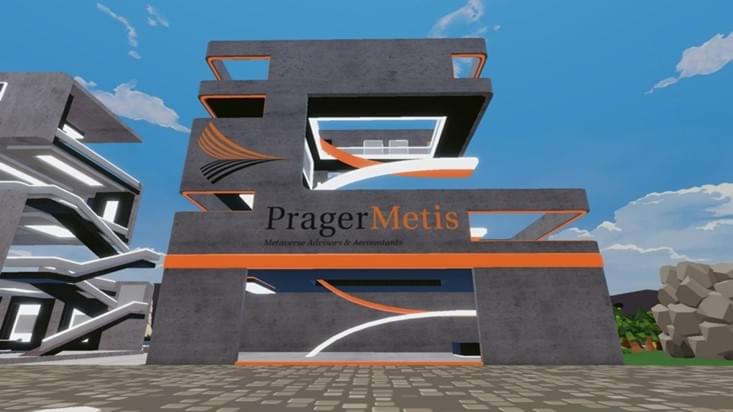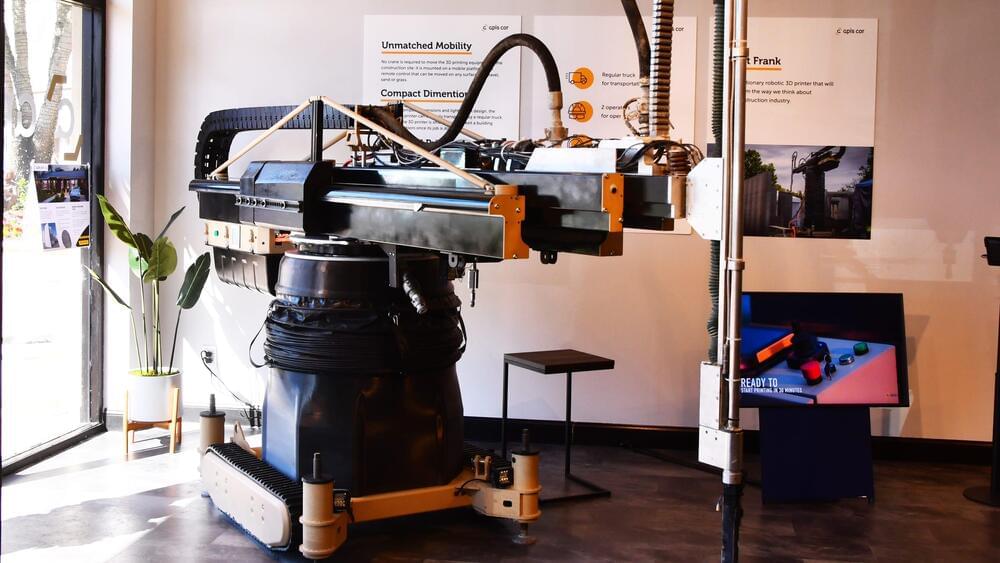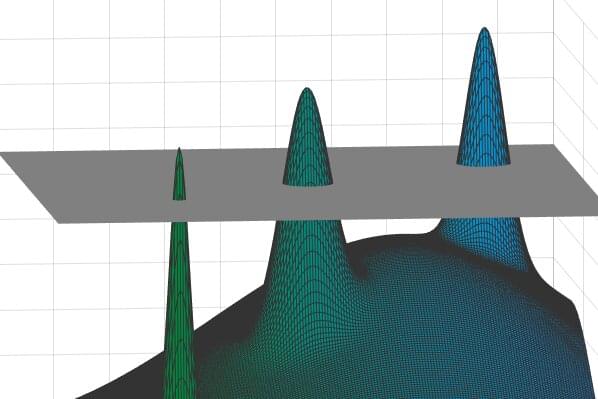
Prager Metis has become the first CPA firm to open up a metaverse headquarters. The firm, which in real life is based in New York, is setting up shop in Decentraland, a 3D virtual world, as part of a joint venture with Banquet LLC, a metaverse studio.
The firm purchased the piece of virtual real estate on Dec. 28, a three-story digital structure. On the first floor is an open floor plan that doubles as a gallery space for nonfungible tokens from Prager Metis clients along with a large entertainment area. The second floor will provide more of a working space with meeting rooms and conference capabilities. The third floor will serve as a rooftop space where Prager Metis intends to host events and even live entertainment.
The metaverse has been attracting attention ever since Facebook’s parent company announced a name change last October to Meta to highlight its interest in developing technology for virtual reality and augmented reality. More businesses have followed suit in setting up shop in the metaverse. Prager Metis isn’t the first firm to dip its toes in the waters: PricewaterhouseCoopers’ Hong Kong firm announced last month that it had bought virtual land on another metaverse platform, the Sandbox, but Prager Metis is going further by setting up an actual headquarters in Decentraland. It plans to focus on advisory services for clients and potentially for other accounting firms as well. The firm already has clients who have entered the rapidly growing market for nonfungible tokens, or NFTs, which use blockchain technology to create collectibles and artwork that people bid on to buy and trade.








